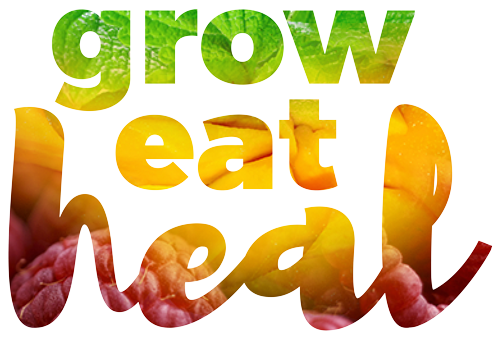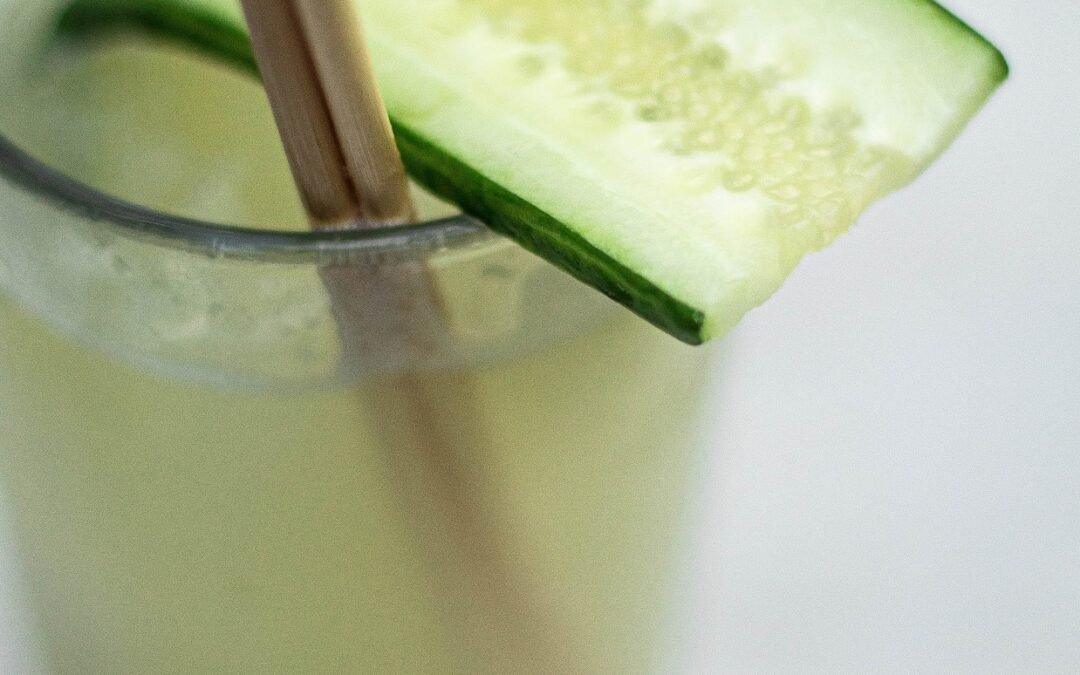Why do we need natural diuretics in our diet?
Diuretics help the body get rid of excess fluid, mainly water and sodium.
Diuretics stimulate your kidneys to release sodium into your urine. Water is then pulled from your blood to concentrate the sodium levels, producing more urine and decreasing the amount of fluid flowing through your blood vessels, providing relief from water retention. Particularly important if you’re suffering from edema, or high blood pressure. They can also help relieve bloating after a salty meal or from monthly hormonal fluctuations.
Which foods are diuretic?
A helpful list of fruit and vegetables that are natural diuretics
Tomatoes:
Tomatoes are approximately 90% water content. They are full of antioxidants such as lycopene, beta-carotene, vitamin C and selenium. These antioxidants prevent the damage caused by free radicals to body tissues leading to premature aging and many chronic degenerative diseases. When these free radicals damage the walls of the blood vessels, they can cause the leakage of fluids and therefore, local swelling. Tomatoes are low in calories – good for people watching their weight.
Cucumber:
Cucumber is high in water content and a good choice as a natural diuretic. It contains high amounts of silicon and sulphur which induce the kidneys to eliminate uric acids. This contributes to an efficient system of waste removal from the body and relief from being bloated. Cucumber gets rid of toxins from the body. Its action of uric acid removal makes it good for arthritis relief too. Caffeic and ascorbic acid are also present in cucumber and they can contribute to its diuretic effect. Swelling around the eyes can also be treated with cucumber, resting on your day bed, with slices of it on your eyes. Cucumber is rich in potassium and contains other anti-oxidants such as beta carotene and alpha-carotene, vitamins A and C, zeaxanthin and lutein, all of which reduce the effects of ageing.
Cranberry Juice:
Cranberry juice is traditionally used to treat urinary tract infections. This is because of its antibacterial and diuretic properties. One notable benefit of the diuretic effect of cranberries is that it does not drain the body of potassium. Some of the phytochemicals present in cranberry include catechins, triterpenoids, quinic acid, hippuric acid, and anthocyanins.
Carrots:
Carrots are widely regarded as one of the most effective diuretic vegetables because of the vitamins, minerals and antioxidants they contain. Some of the phytochemicals in carrots are lutein, lycopene, carotenes, zeaxanthin and xanthophyll. These phytochemicals can promote detoxification and increase the rate of metabolism and in the process discharge vitamins and minerals. Part of the detoxification achieved by these phytochemicals in carrots is done through diuresis. In addition, the alkaline elements richly present in carrots can invigorate the blood and promote the right pH balance in the body.
Eggplant:
There is sufficient evidence that suggests the diuretic importance of eggplants or aubergines. Its high water content is an obvious example. Eggplant improves the circulation of blood and reduces toxic heat. Its diuretic properties make it useful in the treatment of hypertension and edema. The major phytochemicals found in eggplants are flavonoids. They are also loaded with other antioxidants, fibre, minerals and vitamins.
Artichoke:
Artichokes are an excellent diuretic food. This vegetable is especially known to improve kidney functions. Some of the phytochemicals found in artichoke are caffeic acid, cynarin and flavonoids. They are also a rich source of several nutrients, vitamins and minerals that help to drive normal bodily functions. The overall antioxidant capacity of artichoke flower heads is one of the highest for vegetables. The cynarin contained in artichoke improves the flow of bile which reduces excess fluids and consequently reduces swelling. Artichokes should be eaten in raw form because heat destroys the cynarin contained in the artichoke. Herbs made of leaf extract from artichokes have been used to improve bile release and for various liver problems.
Celery:
Celery seed speeds up uric acid excretion and increases the rate of urine production. These are the means by which celery detoxifies the body. When excess uric acid crystals collect in the joint, as in the case of gout, celery seeds can be particularly helpful. Therefore, celery is especially recommended for treating gout edema. However, celery contains more sodium than most other vegetables. Fortunately, sodium is counterbalanced by the high potassium it contains. Studies have revealed that the quantity of sodium in celery is not an issue, even for the salt-susceptible individuals. The major phytochemicals present in celery are coumarins. Studies reveal that coumarin compounds decrease blood pressure and improve the vascular system. Celery is recommended for treating bladder disorders, cystitis and other kidney problems because of its diuretic actions.
Grapes:
Grapes have high water content and it is also rich in potassium. Both of these properties make it an effective and unique diuretic food. Phytochemicals found in grapes include phenolic acids, flavonols, flavon-3-ols, myricetin, peonidin, flavonoids, resveratrol, and anthocyanins. Due to their rich source of potassium and low level of salt, grapes can remove toxins from the body through increased urine flow, and for this reason, it is traditionally used for treating kidney disorders. Due to the fibre in the skin and seeds, the grape has a cleansing effect. Grapes also help in the stimulation of liver functions and also bile secretion.
Asparagus:
Asparagus packs low calories and contains many vitamins and minerals, such as folic acid, vitamin A, vitamin B and vitamin C. Glutathione, a phytochemical found in asparagus acts as an oxidant and has anti-carcinogenic properties. Asparagine, an amino acid found in asparagus, is an efficient diuretic and has been known to treat swelling, arthritis, rheumatism, and PMS-related water retention. The fibre in asparagus helps in cleaning out our gastrointestinal tract.
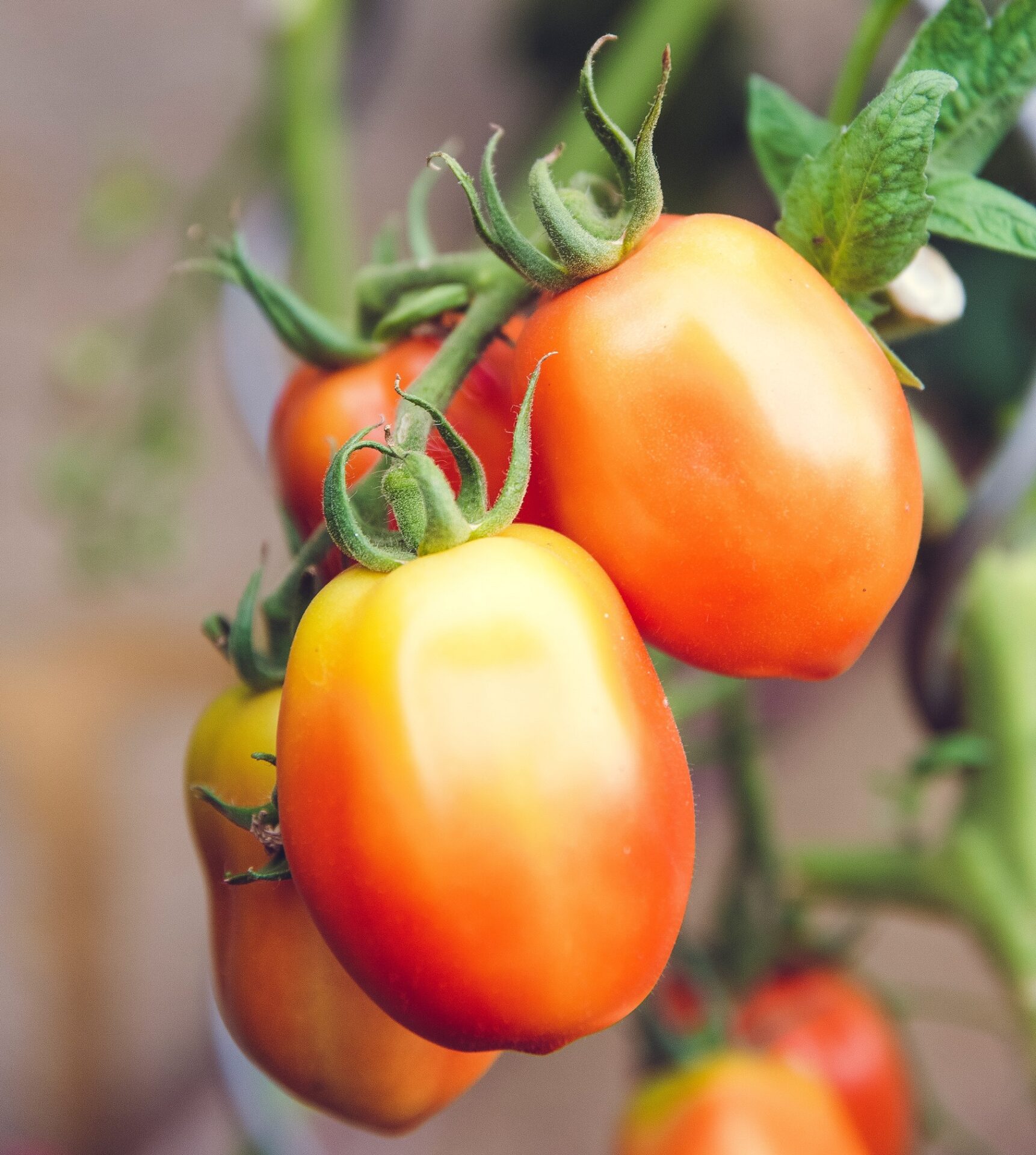
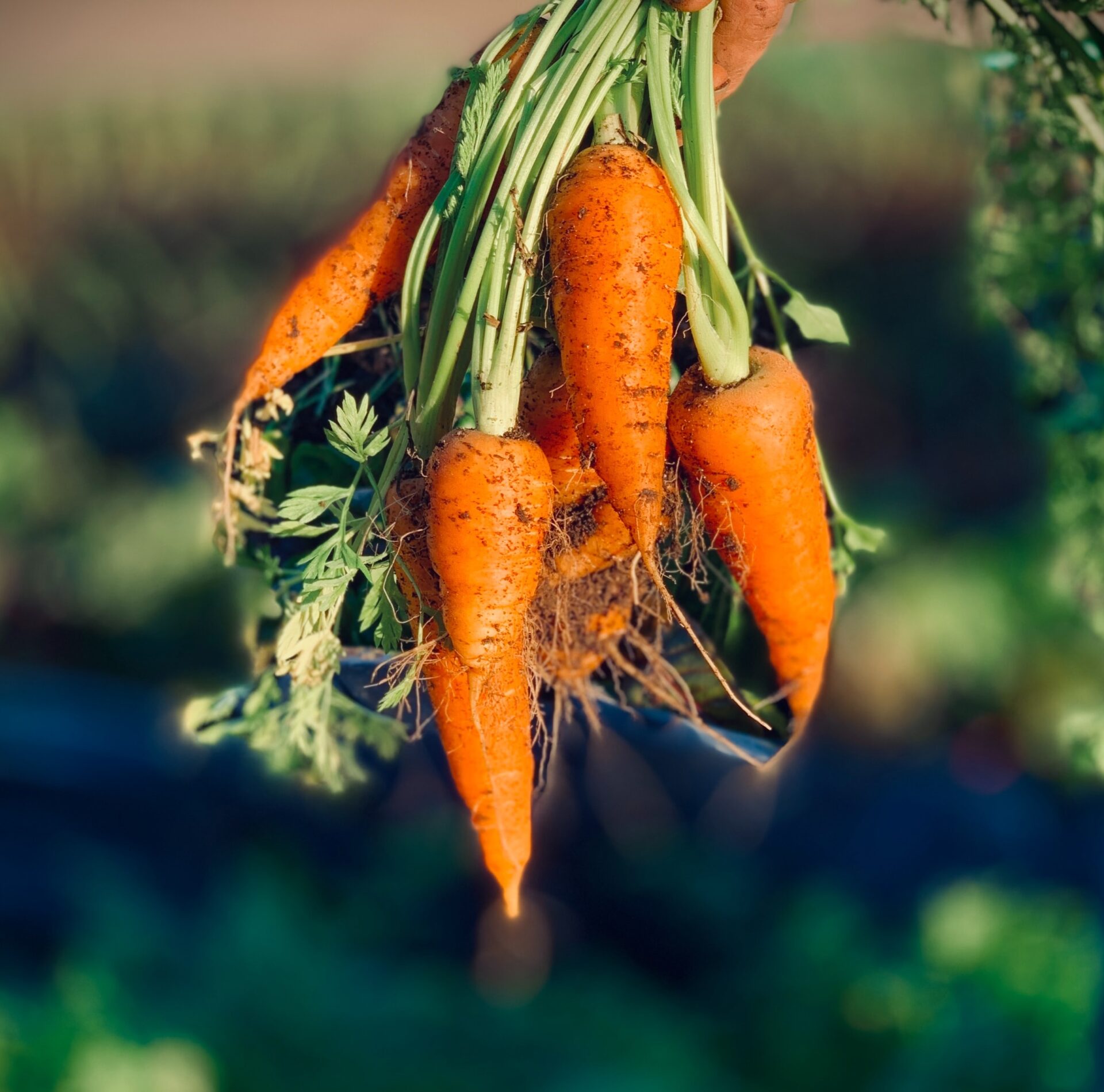
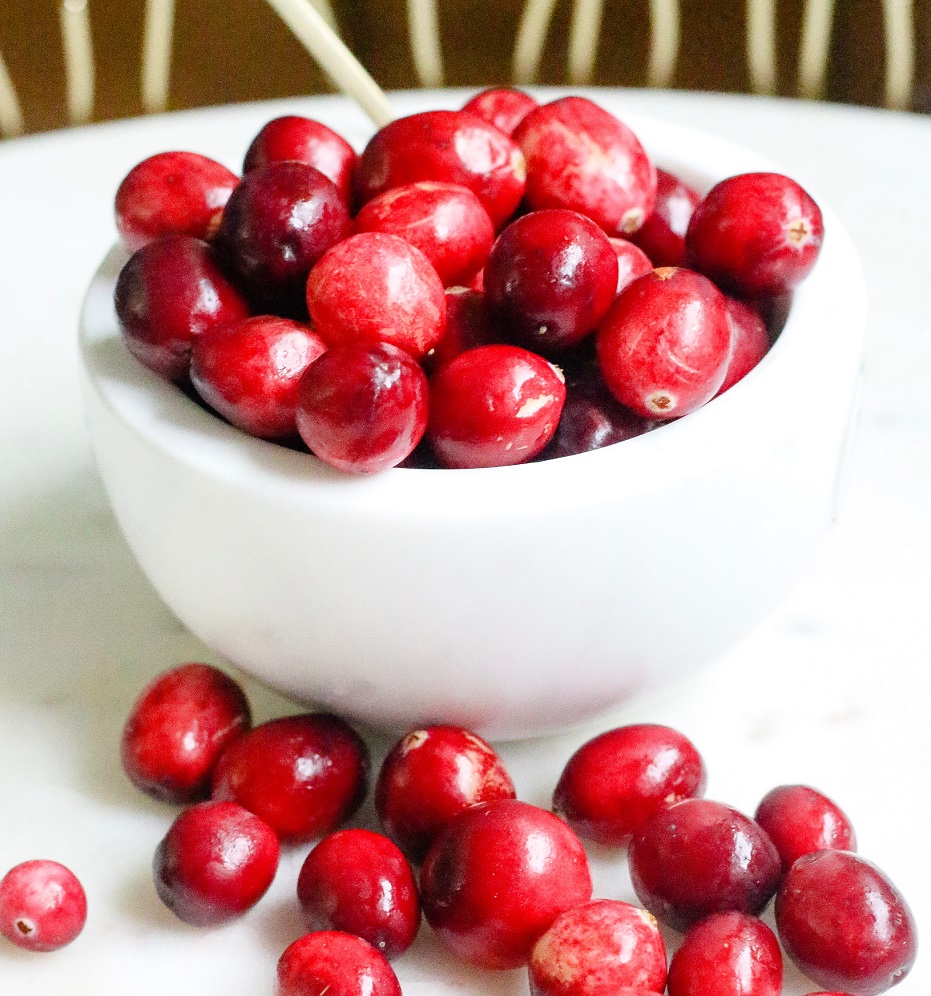
Which foods are diuretics?
Sources:
http://www.mayoclinic.com/health/diuretics/HI00030
http://www.rxlist.com/script/main/art.asp?articlekey=94169&page=4
http://www.dietobio.com/aliments/en/tomato.html
If you have any questions or want more information about which foods are diuretic,
GET IN TOUCH.
I’d love to hear from you.
find me
Grow Eat Heal Ltd
Jocelyn J Murray
Auckland, New Zealand
